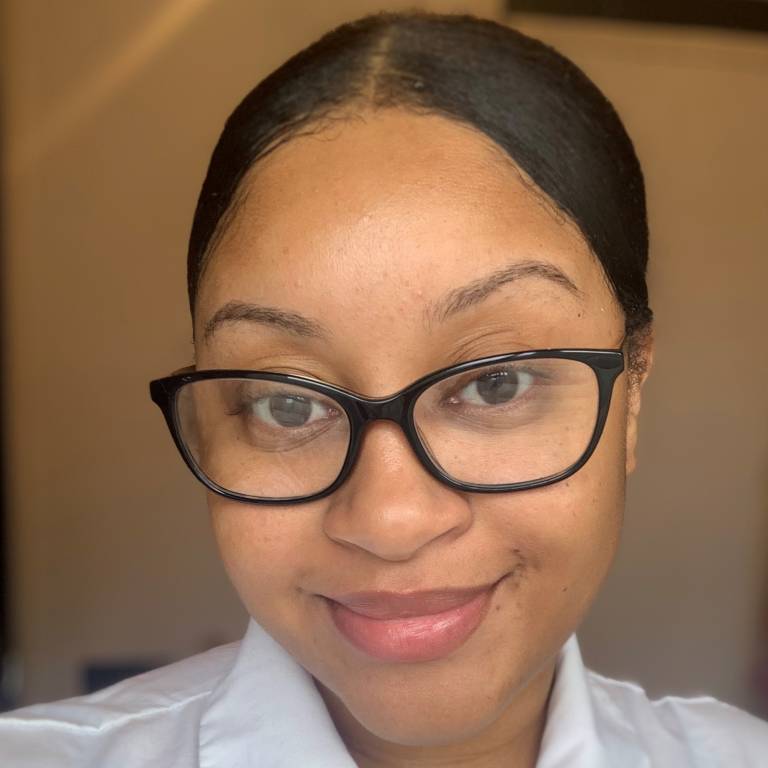Mekeda talks about the latest interview series for Black History Month
28 October 2021
We interviewed Mekeda X Logan on being head of the Division's Black History Month committee and her involvement in the latest interview series

Briefly explain about REED’s involvement in the Division
The Race, Equity and Ethnic Diversity Working Group (REED) was founded in 2020 by Natalie Marchant who is also the lead of the REED group. This group was created to bring about more awareness of ethnic diversity within the division of psychiatry at UCL (University College London), and to create more opportunities for those of an ethnic background within the division. The REED group aims to promote changes such as more ethnic minority individuals undertaking PhD (Psychology and Human Development) studies, and more senior academic roles as opposed entry level job positions within the division.
Can you tell us how you came about this initiative for Black History month and why you got involved in?
As a working group, we realised that within the division we do not highlight the work of Black academics, researchers, and psychiatric clinicians as much as we would like to. Diversity is one of UCL’s values and we believe that starting this project will reflect this value. I think that displaying ethnic diverse perspectives on mental health and the psychiatric field will enable others to gain an insight to how individuals from the Black community aim to bring a change to research and create an impact both clinically and academically within mental health. The main purpose of this project was to inspire the younger Black generation to uptake studies, job roles and careers within psychiatry, we need to have more cultural competency not only here at UCL but also within the wider community. I hope that with doing this project, we can create this impact and have a long-lasting effect even after Black History Month (BHM).
How did you decide who to approach?
My colleagues and I all looked up Black academics, researchers, and clinicians we thought would be interesting and suitable for the BHM interview series. We wanted to have a pool of individuals from diverse backgrounds, such as different research interests, their career journey, where they had grown up etc. I believe that having a diverse pool of interviewees best represents the people we are hoping to appeal to, even though Black individuals share similarities, there are still many differences such as the ways men and women within the Black community experience discrimination, and barriers within the educational and work fields.
Can you tell us why it is important to be representing diverse voices in mental health?
Everyone has mental health, and everyone’s experiences and challenges with their mental health are unique. It is important to have diverse voices in mental health to highlight their own subjective experiences, whether it be within a professional setting or personal experience. Mental health and mental illness are a very taboo subjects within the Black community, having platforms such as the BHM interview series on Twitter will help change attitudes and beliefs around mental health, and create more awareness on the positive impact that is being made by many Black individuals.
What do you hope people will take away?
I hope that this project has inspired young, Black students to pursue roles within psychiatric academia, research, and clinical professions such as psychiatrists and psychologists. I hope that the BHM interview series has also given the younger generation an insight to what it takes to successfully reach their desired job/career within psychiatry and know that it is possible! I want those that have seen our interview series to think “If he/she can do it, then so can I,” this is our goal, we want to spark inspiration and admiration in the Black youth. As well as creating inspiration, we want our colleagues within the division to recognise the work of other Black researchers, academics, and clinicians and eventually use their work as citations in future research projects, and create more diversity overall within the division.
You can find all the video interviews and blogs celebrating Black History Month on the REED Webpage.
 Close
Close

